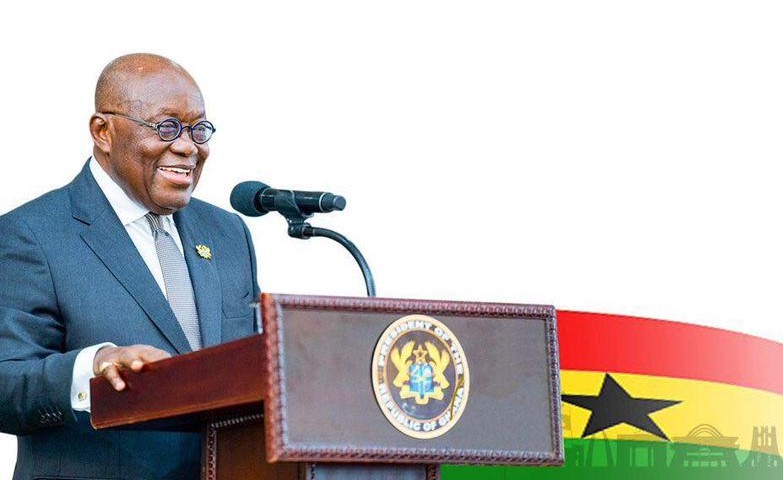Introduction
Nana Addo Dankwa Akufo-Addo, born on March 29, 1944, is a prominent Ghanaian politician who has served as the President of Ghana since January 7, 2017. A lawyer by profession, Akufo-Addo’s career in politics has been marked by his commitment to economic reform, education, and anti-corruption. His tenure has been characterized by both significant achievements and controversies, reflecting the complex challenges of leading a diverse and developing nation.
Early Life and Education
Akufo-Addo was born into a prominent political family. His father, Edward Akufo-Addo, was a former Chief Justice and President of Ghana. Akufo-Addo’s early education took place in Ghana at the Government Boys School and the Rowe Road School. He later attended Lancing College in Sussex, England, and subsequently studied philosophy, politics, and economics at New College, Oxford, before returning to Ghana to read law.
Legal and Political Career
Before entering politics, Akufo-Addo had a distinguished career as a lawyer. He co-founded the law firm Akufo-Addo, Prempeh & Co., which became one of the leading law firms in Ghana. His legal practice focused on constitutional and human rights law, where he earned a reputation as a fierce advocate for justice.
Akufo-Addo’s political career began in earnest in the late 1970s. He was a member of the People’s Movement for Freedom and Justice (PMFJ), which opposed the military rule of General Acheampong. In 1992, he helped to found the New Patriotic Party (NPP), which has since become one of the two major political parties in Ghana.
Parliamentary and Ministerial Roles
Akufo-Addo was elected as a Member of Parliament for the Abuakwa South constituency in 1996 and served until 2008. During this period, he held several key ministerial positions under President John Kufuor’s administration. He served as the Attorney General and Minister of Justice from 2001 to 2003, and later as the Minister of Foreign Affairs from 2003 to 2007. In these roles, he was instrumental in promoting legal reforms and enhancing Ghana’s diplomatic relations.
Presidential Campaigns and Elections
Akufo-Addo’s first presidential bid was in 2008, but he was narrowly defeated by John Atta Mills. He ran again in 2012 but lost to John Mahama in a contentious election marred by allegations of electoral irregularities. Akufo-Addo’s persistence paid off in 2016 when he won the presidency, defeating the incumbent John Mahama with a significant margin. He was re-elected in 2020 for a second term.
Presidency: Achievements and Challenges
Economic Reforms and “Ghana Beyond Aid”
One of Akufo-Addo’s primary goals has been to transform Ghana’s economy through industrialization and diversification. His “Ghana Beyond Aid” initiative aims to reduce the country’s dependency on foreign aid by fostering self-reliance and economic independence. Under his leadership, Ghana has seen significant investments in infrastructure, energy, and agriculture.
Free Senior High School Education
A landmark achievement of Akufo-Addo’s presidency is the implementation of free senior high school education. This policy has increased access to secondary education for thousands of Ghanaian students, aiming to build a more educated and skilled workforce.
Anti-Corruption Efforts
Akufo-Addo has also made anti-corruption a central theme of his administration. He established the Office of the Special Prosecutor to investigate and prosecute corruption-related offenses. However, his government has faced criticism over perceived slow progress in tackling high-profile corruption cases and allegations of corruption within his administration.
COVID-19 Response
The COVID-19 pandemic posed significant challenges for Akufo-Addo’s administration. His government implemented various measures to curb the spread of the virus, including lockdowns, mass testing, and a nationwide vaccination campaign. His handling of the pandemic received mixed reviews, balancing public health concerns with economic impacts.
Conclusion
Nana Addo Dankwa Akufo-Addo’s presidency has been a period of significant change and development for Ghana. His vision of a self-reliant nation and his emphasis on education and economic reform have left a lasting impact. However, his tenure has also been marked by challenges, including persistent corruption and economic disparities. As he continues to lead, Akufo-Addo’s legacy will be shaped by his ability to address these ongoing issues while fostering growth and unity in Ghana.


